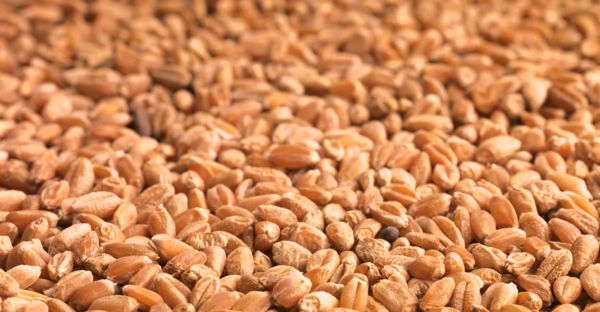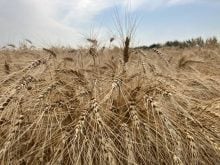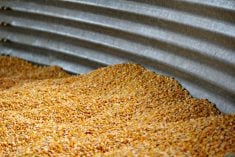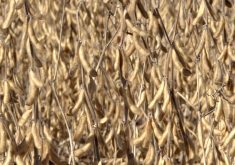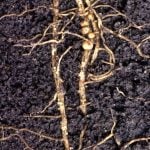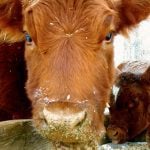Cairo | Reuters –– Egypt will allow wheat imports with trace levels of the ergot fungus of up to 0.05 per cent, the agriculture ministry said Monday, a day after the head of its agriculture quarantine authority was changed.
Former quarantine head Saad Moussa’s zero tolerance policy on ergot had led to shipments to the world’s biggest importer of wheat being rejected. Moussa was replaced Sunday by Ibrahim Ahmed Imbabi.
Egypt’s agriculture ministry also said it would work with the United Nations’ Food and Agriculture Organization (FAO) on its wheat import policy.
Read Also

U.S. grains: Soybean futures hit one-month high on U.S.-China trade hopes
Chicago Board of Trade soybean futures hit their highest level in a month on Monday on renewed optimism over U.S.-China trade talks after U.S. President Donald Trump said he believed Beijing would agree to a soybean trade deal and will buy U.S. soy again.
The zero tolerance policy under Moussa was at odds with the ministries of agriculture and supplies, both of which back a more common international standard that allows trace levels.
The disrupted wheat tenders have raised the possibility of a shortage of grain which could pose a political problem for President Abdel Fattah al-Sisi as the impoverished population relies on highly subsidized bread.
Many international trading houses, who say guaranteeing zero ergot is impossible, have declined to make offers in state wheat tenders, saying it was too costly to risk having their shipments later turned away by the quarantine authority.
The FAO sent a delegation to Egypt led by Pasquale Steduto, an FAO expert on water and irrigation issues, to discuss the country’s 1.5 million feddans (630,000 hectares) desert reclamation project, a FAO statement said.
The reclamation project aims to expand Egypt’s farmland by 20 per cent.
The FAO will also be meeting with various parties in Egypt to study the danger of ergot and to develop policy recommendations, which will be used to write legislation on the issue, the agriculture ministry statement said.
— Reporting for Reuters by Omar Fahmy; writing by Eric Knecht.

